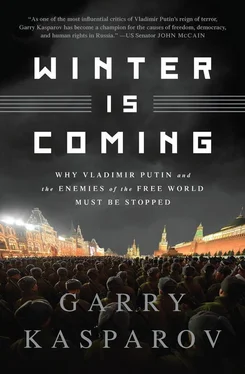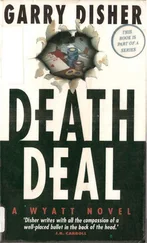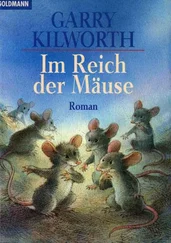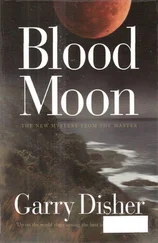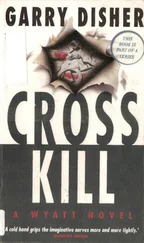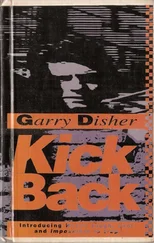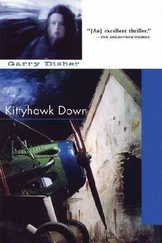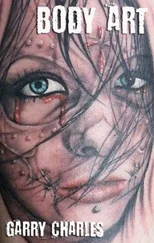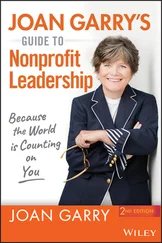Democracies get the leaders they deserve, as the saying goes, and so we must look at the shift in values and priorities that has made appeasement and defeatist realpolitik the currency of choice in foreign policy today. Removing the moral component from foreign affairs has been a catastrophe from which it will take a very long time to recover. The last section of this book is dedicated to a comprehensive plan to implement that recovery, beginning with questions every candidate for leadership in the world’s democracies should have to answer.
Throughout the book I will share my personal observations and experiences as an activist in Russia and in my work today as the chairman of the New York-based Human Rights Foundation. Of course my political battles actually started back in the 1980s, with my rebellion against the Soviet sports authorities as a chess champion and my interviews to Western publications about the iniquities of the Communist system that often got me into hot water. But the most important story in this book is not my own. It is the story of how Vladimir Putin, with the indifference, and in some cases the support, of the free world that had brought down the Soviet Union, put an end to the democratic experiment in Russia.
The rise and fall of Russian democracy would make for a painfully short book. It took just eight years for Russia to go from jubilant crowds celebrating the collapse of the Soviet Union in 1992 to the ascendance of former KGB agent Vladimir Putin to the presidency. Then it took Putin another eight years to corrupt or dismantle nearly every democratic element in the country—balance in the branches of government, fair elections, independent judiciary, a free media, and a civil society that could work with the government instead of living in fear of it. Uncooperative oligarchs were jailed or exiled and the press quickly learned what could and could not be said. Putin also consolidated the Russian economy, clamping down on free market reforms and emphasizing the creation of “national champions” in the energy and banking sectors.
A potential turning point came in 2008, when Putin’s constitutional limit of two four-year terms was ending. Few expected him to retire gracefully, or at all, but exactly how he would keep control while keeping up appearances was a hot topic of debate. Putin had channeled power not just to his party or to his office, but to himself personally. His leaving would have been like ripping the spine out of the KGB mafia state he and his allies had spent eight years building. He could amend the Russian constitution to run again, but at the time Putin was still sensitive about keeping up democratic appearances. For one, it would have been awkward for his fellow G8 leaders to welcome him after any primitive power grab, and staying in the good graces of the leaders of the United States, Japan, and Western Europe was very useful to Putin at home. How could he be called anti-democratic, let alone a despot, if he was embraced so heartily by the likes of George W. Bush, Silvio Berlusconi, and Nicolas Sarkozy?
Putin’s dilemma gave those of us in the Russian opposition movement a brief glimmer of hope that the 2008 election could turn into an opportunity to change the course of the country. We knew the election itself would be rigged from start to finish, but we hoped exposing this corruption could lead to more people joining our cause. Russians were aware they were losing their freedoms under Putin, and they could still be sensitive about having their noses rubbed in it, as the massive 2011 protests later showed.
Putin’s decision was a tactical masterstroke. Instead of keeping the presidency himself, he endorsed his first deputy prime minister, the young Dmitry Medvedev, who was generally seen as far more liberal and pro-Western than his boss. The election was as predictable and rigged as could be expected, with Medvedev scoring a small fraction less than Putin had in 2004. (The joke at the time was that it would have been unacceptably ill-mannered for Medvedev to earn a higher percentage than Putin—or for him to be taller than Putin.) Medvedev immediately named Putin his prime minister and the two men switched offices in a graceful pas de deux on the grave of Russian democracy. Four years later, Medvedev duly handed the presidency back to his master, having changed the constitution so Putin could now sit for two six-year terms. In the 2012 election even less effort was made to hide the fact that Russia had truly become a dictatorship once again.
There were a few bumps in the road, however. Just three months before the presidential election on March 4, the largest political protests of the post-Soviet era had erupted spontaneously after the parliamentary elections were so blatantly rigged that it was too much for many to stomach. Over the next months, hundreds of thousands of Russians took to the streets, many chanting “Putin Must Go!” and “Russia Without Putin!”
I frequently participated along with other opposition leaders like Alexei Navalny and Boris Nemtsov, but it was the surprising appearance of tens of thousands of typically apolitical and apathetic Muscovites in Bolotnaya Square on December 10 that gave us hope that something might be changing. Since 2005, I had been at the front of many marches where we had been outnumbered by the riot police by at least ten to one. On December 24, in Sakharov Prospekt, the odds were reversed at last. Standing before a sea of opposition flags uniting against corruption and Putin, who could not dream of a new future?
But the momentum could not be maintained. Draconian new laws against the freedom of assembly were quickly passed, allowing for huge fines and criminalizing nonviolent protest. Many opposition leaders and members were harassed, arrested, and interrogated over their roles in organizing the protests. The Kremlin committed massive resources against the protests; the last mass demonstration on May 6, 2013, was brutally dispersed and led to the so-called Bolotnaya Square case that records show has involved more than thirteen thousand witness interviews and that led to dozens of protesters being sentenced to years in prison.
At the same time, the Kremlin-controlled media began to intensify its portrayal of the protesters and opposition leaders as dangerous extremists and quite possibly traitors to the motherland. Not only would the revolution not be televised, the would-be revolutionaries had no access to television. There were still a few significant protests after Putin’s so-called election was announced, but it became clear to me in 2012 that democracy was truly dead in Russia. I could no longer envision a peaceful transition away from Putin. If he fell it would be messy and likely violent. After I was called several times to come in for one of the prosecutor’s special interviews—you go in as a witness and come out as a suspect, if you come out at all—I decided not to return to Russia in 2013.
Here I would like to rewind and look again from outside of Russia. Oil price boom, propaganda, repression, and a compliant population notwithstanding, Putin could not have achieved what he did without considerable outside help. After all, it is not so easy to create a dictatorship in this day and age. Among other factors, global communication makes it difficult to prevent a country’s people from envying the rights and riches of their neighbors. This is one reason Putin has always done everything possible to support authoritarian regimes in Russia’s neighbors.
The global trend toward democracy in the second half of the twenty-first century is one of the greatest achievements of humankind. Before World War II, a vast majority of the world’s democratic governments were found in Europe and the Americas. Samuel Huntington documented this “third wave” of democratization in his 1991 book of the same name, while Francis Fukuyama’s was memorably titled The End of History in 1992. Liberal democracy and capitalism were the big winners of the last great ideological competition we would ever know. Totalitarianism and Communism were the big losers. The good guys won the Cold War, McDonald’s opened in Moscow, and it was time for a much deserved celebration.
Читать дальше
